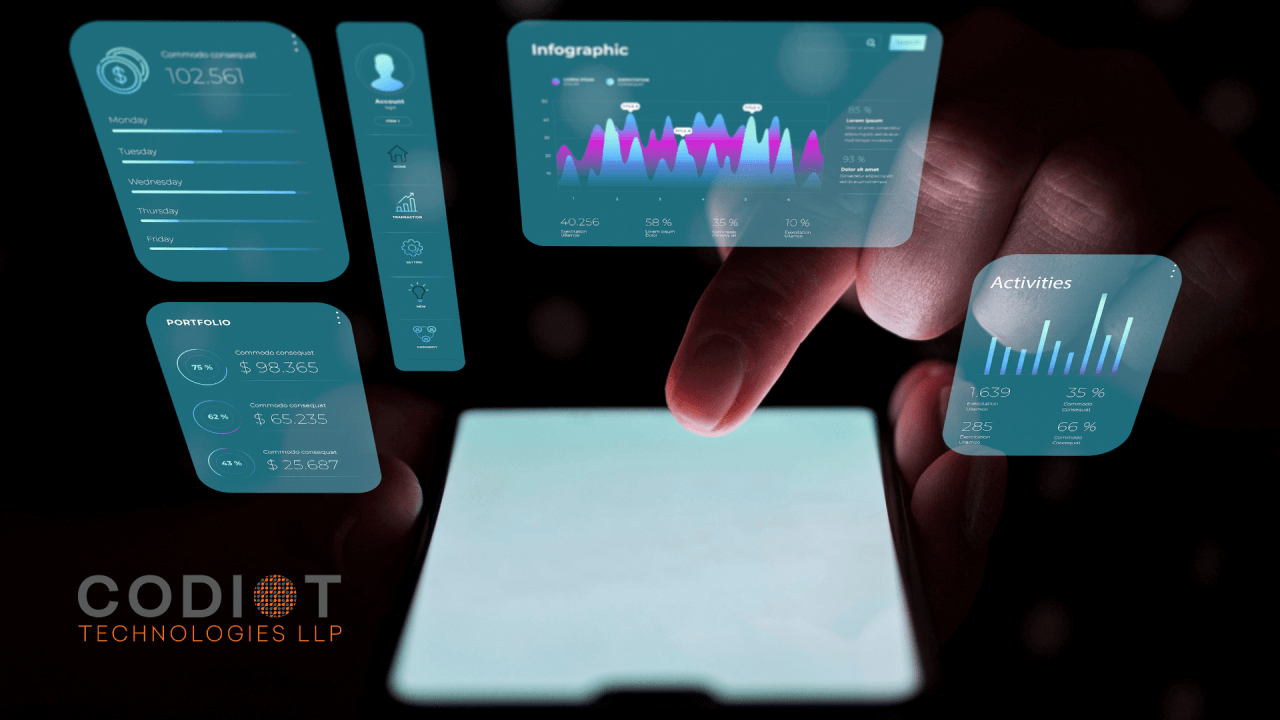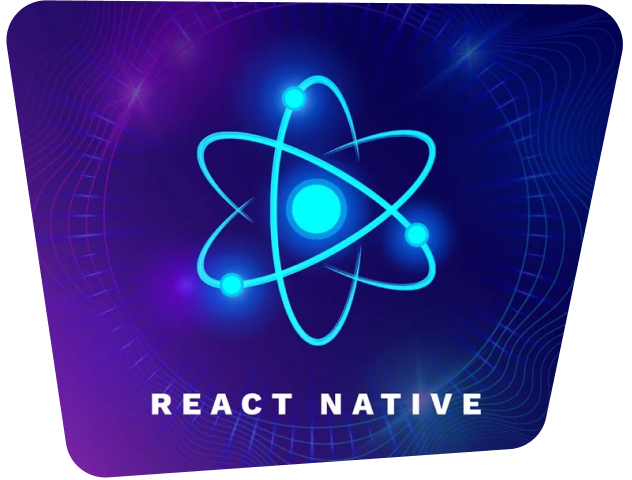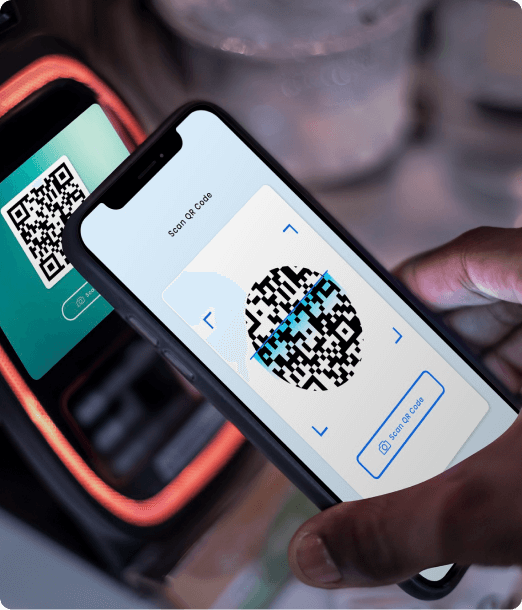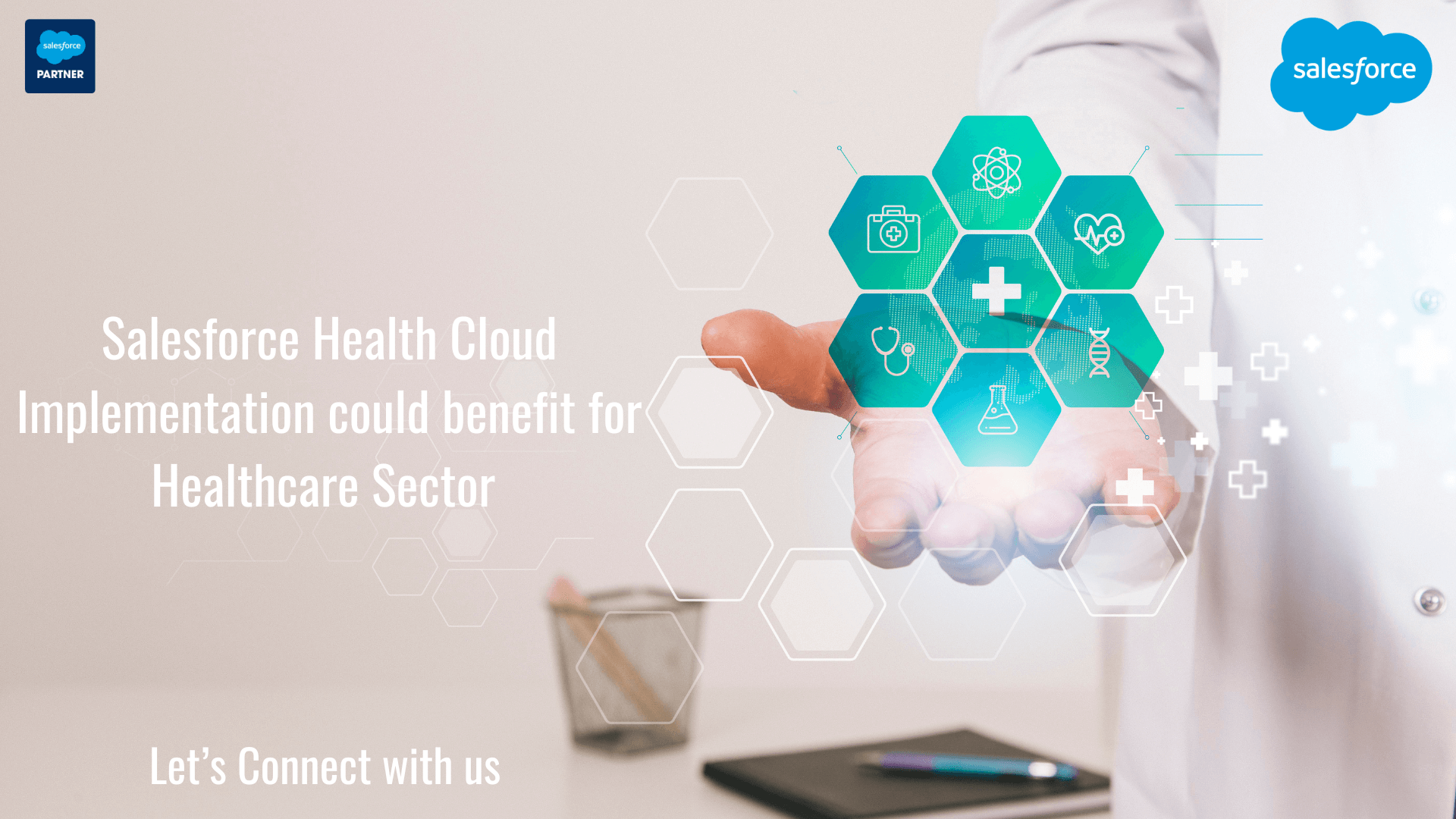
What Is Application Modernization, and Why Is It So Important?
Application modernization involves updating legacy applications by enhancing their internal architecture, platform infrastructure, and functionalities.


Our design team creates intuitive and engaging interfaces that enhance user experience. We focus on aesthetics and functionality to ensure your app is visually appealing and easy to use.
We help you validate your ideas with Minimum Viable Product (MVP) development. This approach allows you to test your concept in the market and gather valuable feedback before investing in full-scale development.
Seamlessly connect your app with third-party services through our expert API integration. We ensure smooth data flow and enhanced functionality, providing a richer user experience.
Our rigorous testing processes ensure your app performs flawlessly. We identify and fix issues before launch, guaranteeing a smooth and reliable user experience.











Codiot Technologies exceeded our expectations with their exceptional service and technical expertise. Their team was professional, responsive, and dedicated to delivering top-notch solutions for our business needs. We are extremely satisfied with the results and highly recommend them.

Working with Codiot Technologies has been a game-changer for our company. Their innovative approach and attention to detail have significantly improved our operations. Their commitment to client satisfaction is unparalleled, and we look forward to continuing our partnership with them.

Codiot Technologies has consistently provided top-notch solutions and outstanding support for our projects. Their team’s dedication to excellence and ability to deliver on time has been instrumental in our success. We highly recommend their services.

The team at Codiot Technologies is reliable, skilled, and highly professional. They took the time to understand our unique requirements and delivered solutions that perfectly aligned with our business goals. We are extremely satisfied with their work and highly recommend them.


Application modernization involves updating legacy applications by enhancing their internal architecture, platform infrastructure, and functionalities.

Navigating the evolving terrain of the pharmaceutical and life sciences sectors requires a deep dive

Application modernization involves updating legacy applications by enhancing their internal architecture, platform infrastructure, and functionalities.
React Native is an open-source framework created by Facebook that allows developers to build mobile applications using JavaScript and React. It’s popular because it enables the creation of high-performance, cross-platform apps with a single codebase, significantly reducing development time and effort. Additionally, React Native apps provide a near-native user experience, which is a major advantage for both developers and users.
The main differences between React Native and native mobile app development include the use of JavaScript and React in React Native versus platform-specific languages like Swift for iOS and Kotlin for Android in native development. React Native allows for code reuse across platforms, which can speed up development and reduce costs, whereas native development typically provides better performance and access to platform-specific features.
Common challenges in React Native development include managing differences in platform-specific behavior, integrating third-party libraries that may not fully support React Native, and optimizing performance to match that of native apps. Additionally, developers may encounter issues with debugging and testing due to the abstraction layer that React Native introduces.
To optimize the performance of a React Native app, developers should focus on efficient state management, minimizing unnecessary re-renders, optimizing the use of lists and animations, and ensuring efficient use of native modules. Additionally, regular profiling and performance testing can help identify and address bottlenecks in the app.